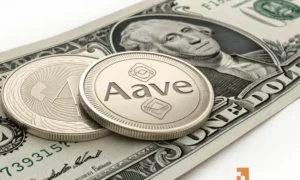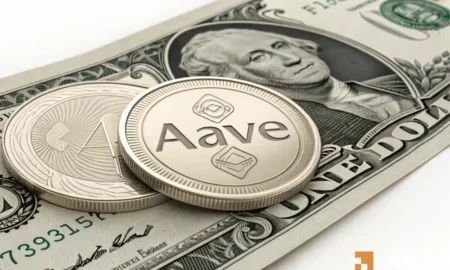Upbit Security Breach: A Deep Dive into the Recent Hack and Its Implications
In late November, Upbit, South Korea’s largest cryptocurrency exchange, experienced a significant security breach that led to unauthorized withdrawals of assets valued between 54 billion KRW ($36–38 million). This incident has raised concerns about security measures within exchanges and the impact on various cryptocurrencies, particularly those connected to the Solana ecosystem. In this article, we’ll explore the details of the hack, Upbit’s response, the affected assets, and the broader implications for the crypto market.
The Nature of the Breach
Upbit confirmed that the security breach involved unauthorized withdrawals from its platform, primarily affecting Solana-based assets. Notable tokens included Solana (SOL), USDC, and several decentralized finance (DeFi) and meme tokens such as Bonk (BONK), Jupiter (JUP), Raydium (RAY), Render (RENDER), Orca (ORCA), and Pyth Network (PYTH). The immediate aftermath saw Upbit freezing all Solana-related services to prevent further losses, reflecting the urgency of the situation. This incident is particularly worrisome since it underscores vulnerabilities within crypto exchanges that handle large volumes of transactions.
Upbit’s Immediate Response
In the wake of the hack, Upbit launched a thorough security audit to identify the extent of the damage. The exchange pledged to compensate all user losses, assuring its customers that they would cover the entire amount with its own assets. Such a commitment is crucial for maintaining trust among users, particularly in a volatile market like cryptocurrency. By quickly freezing all deposits and withdrawals related to Solana, Upbit aimed to contain the breach and protect unaffected assets, showcasing a proactive approach to crisis management.
Investigating the Impact
The breadth of the tokens affected by the hack indicates a potential compromise of Upbit’s hot-wallet infrastructure, which manages real-time withdrawals and trading liquidity. The incident raised alarms not just for Upbit but also for the broader security environment of crypto exchanges in South Korea and beyond. Investigators are actively tracing the stolen assets across various Solana-based tokens to assess the full impact and potentially recover lost funds. The situation highlights the importance of robust security protocols and the challenges faced by exchanges in safeguarding digital assets.
Market Reactions and Price Stability
Despite the scale of the hack, Solana’s market performance remained surprisingly resilient. Following the breach, SOL was priced at $143.67, with a noted 3.11% gain over 24 hours. This stability suggests that traders and investors viewed the attack as a specific vulnerability tied to Upbit rather than a systemic risk to the Solana ecosystem. Such market reactions are crucial in assessing investor sentiment and confidence in the long-term viability of both the exchange and the assets involved.
Historical Context and Future Risks
Interestingly, this incident comes six years after Upbit suffered another significant hacking loss, where it lost 342,000 Ethereum (ETH) valued at approximately $50 million at the time. Recovery efforts following that incident were reportedly less successful, as only a small fraction of the stolen Bitcoin (BTC) was reclaimed. This history of breaches raises questions about the evolving landscape of security in crypto exchanges and the measures needed to protect users from future incidents.
The Wider Implications for South Korea’s Crypto Market
As this breach unfolds, it also highlights a growing dichotomy within South Korea’s cryptocurrency market. Larger exchanges like Upbit and Bithumb are flourishing, eyeing initial public offerings and increased valuations, while smaller platforms struggle to maintain operations. A recent analysis indicates that this two-tier system poses risks as investors may gravitate towards larger, more established platforms perceived as safer. The fallout from incidents like this hack may further accelerate these trends, leading to greater consolidation within the market.
In conclusion, Upbit’s recent security breach has amplified discussions about the importance of security in cryptocurrency exchanges, the resilience of specific assets, and the dynamics of South Korea’s crypto market. While Upbit’s quick response and commitment to user compensation may mitigate immediate fallout, the long-term implications for trust and security in the cryptocurrency space are significant. As exchanges continue to navigate these challenges, they must prioritize robust security measures to protect both their clients and their reputations.
















